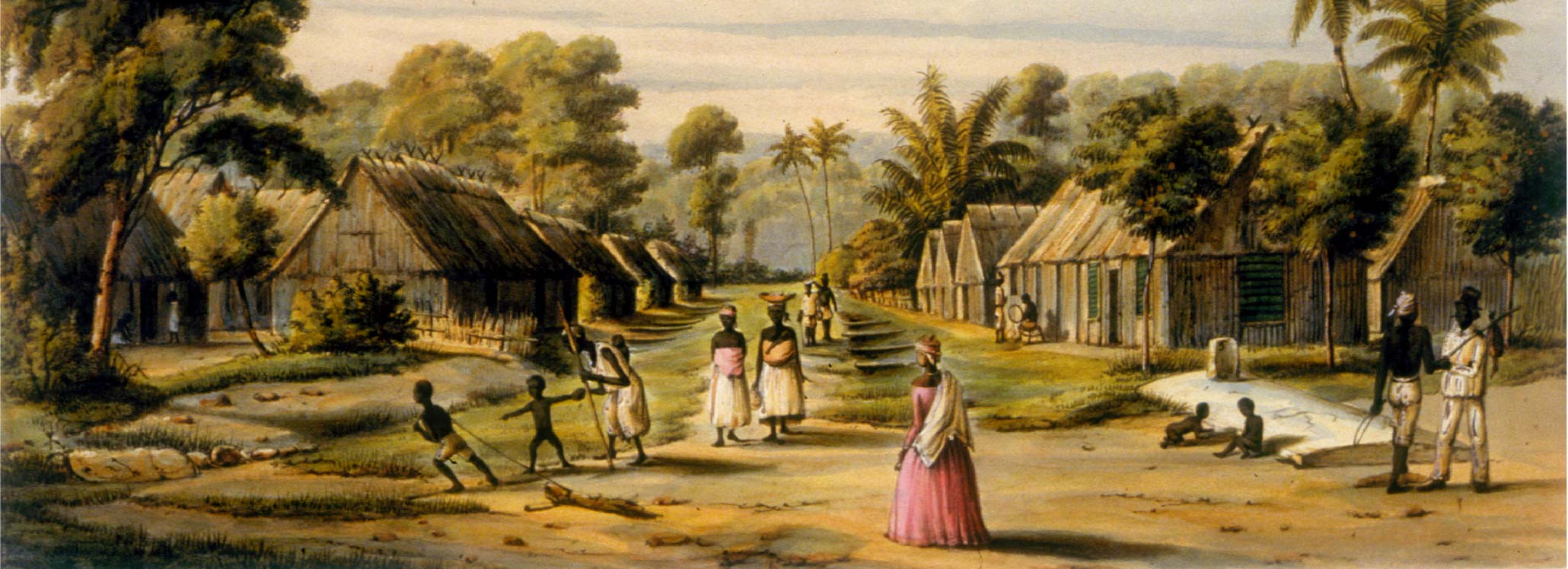Isaac Mason, an abolitionist, community leader, and autobiographer, was born enslaved in the town of George Town Cross Oats in Kent County, Maryland. He was the first of five children born to Zekiel Thompson, a free African American farm hand and Sophia Thompson, who was enslaved. The death of Mason's first owner when Mason was approximately fifteen years old marked the onset of his worst years in slavery. Although Zekiel Thompson was able to secure freedom for his wife and infant daughter, Mason was originally hired out to repay a small portion of his relatives' purchase price and subsequently sold to a new owner. In late December 1846, Mason fled his master's farm. Mason and two other male slaves, with assistance from agents of the Underground Railroad, walked from Kent County to Delaware and Pennsylvania.
Mason worked in Chester County, Pennsylvania, until he found employment in Philadelphia. In 1849 he married Annie (maiden name unknown), and the newlyweds remained in Philadelphia until Mason, while working as a construction worker, saw his master's son in the city. Mason's fear of returning to Maryland and bondage caused him to relocate further north in 1850. Mason and his wife journeyed to Boston, where they stayed with the abolitionist Lewis Hayden and his family until William C. Nell , a fellow abolitionist, encouraged the couple to move to Worcester, Massachusetts, where their first child, Eliza Jane, was born in 1851 and where Mason worked on a farm until 15 April of that same year. Renewed fears of being captured led Mason to live in Canada until his wife's illness caused him to return to Worcester. While traveling home, he encountered his former master, yet to Mason's immense relief, the man did not recognize him. Mason returned to Worcester on 2 July 1851. Three years later, Samuel Mason was born. Over the years, Mason worked as a janitor at various municipal buildings. For nearly five decades, Mason was one of Worcester's most prominent African American citizens. He was active in the Anti-Slavery Movement, Republican Party, and A.M.E. Zion Church, as well as two fraternal organizations: the Masons, where he was a member of King David Lodge No. 16 in Worcester; and the Odd Fellows.
In May 1860 Mason, heeding the Scottish-American abolitionist James Redpath's plea for African Americans to emigrate to Haiti, traveled there in search of better economic opportunities. However Mason soon became disillusioned with Redpath's colonization efforts, returned to Worcester, and publically voiced his opposition to the project. After the Civil War, Mason, no longer a fugitive slave, returned to Kent County, Maryland, in 1866 as a member of his church's delegation. The group, led by Reverend G. W. Offley, assisted former slaves. Mason published his narrative, Life of Isaac Mason as a Slave in 1893. Five years later, he died on 28 August.
Online Resources
Life of Isaac Mason as a Slave. 1893 Documenting the American South website, University of North Carolina at Chapel Hill https://docsouth.unc.edu/fpn/mason/summary.html
Bibliography
Mason, Isaac. Life of Isaac Mason as a Slave. 1893. (2009).
McCarthy, B. Eugene, and Thomas L. Doughton, eds. From Bondage to Belonging: The Worcester Slave Narratives (2007).
Salvatore, Nick. We All Got History: The Memory Books of Amos Weber (1996).
Author
Linda M. Carter
Adapted by
Jennifer Mojica Santana






